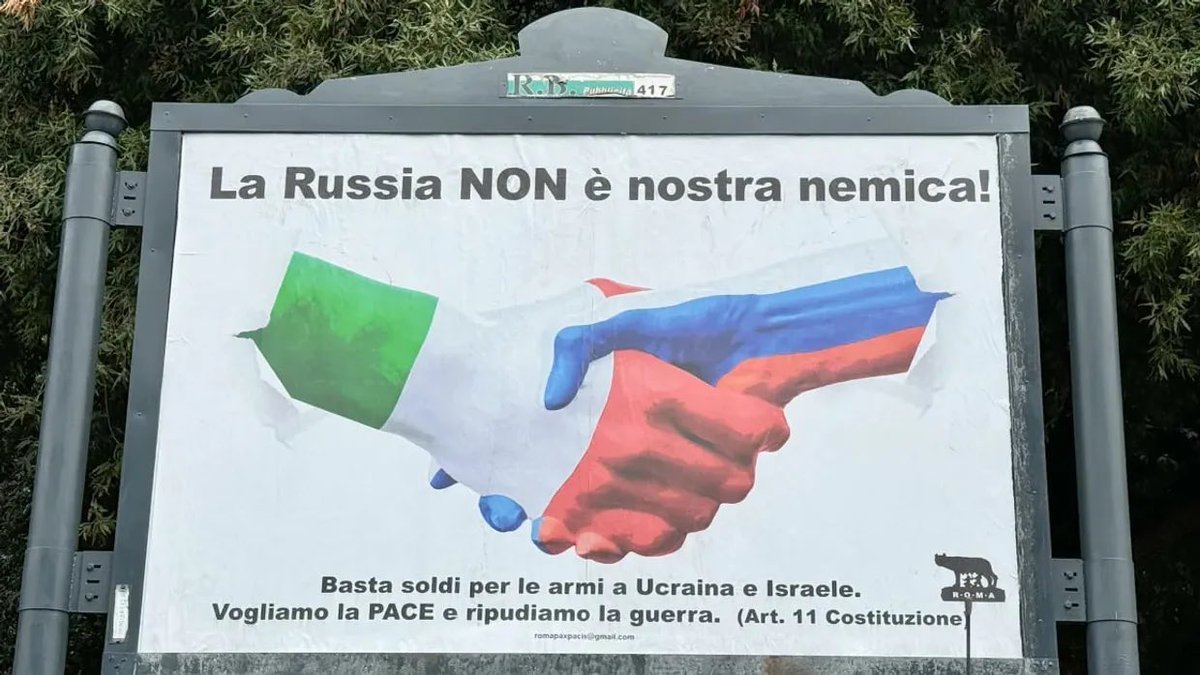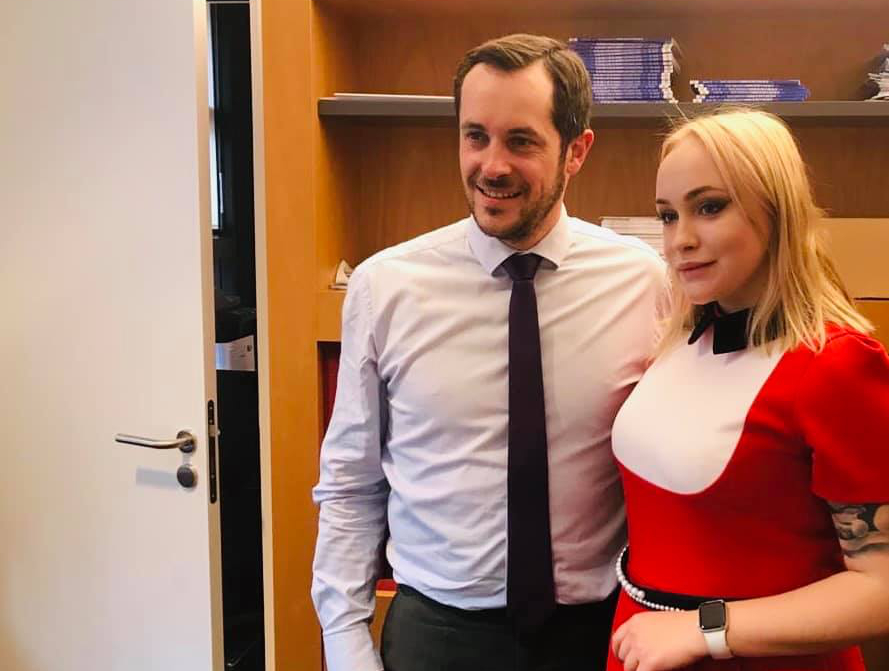While I am generally supportive of the idea of offering NATO membership to Ukraine without including territories outside of Kyiv's sustainable control under the Article 5 umbrella, I think we should be honest to ourselves: if that, indeed, happens, Ukraine will unlikely ever re-gain those territories in any foreseeable future. 1/10
The reason why the above-mentioned security arrangement cannot be called "a divided Germany scenario" lies in the conceptual difference between the Soviet occupation of parts of Germany and Russian occupation of parts of Ukraine. 2/10
The Soviet occupation of East Germany was predominantly a traditional case of occupation despite the Soviet efforts at long-term ideological transformation. The Russian occupation of parts of Ukraine, however, dramatically diverges from classical cases of occupation, as it is underpinned by the genocidal intentions. 3/10
Of course, Soviet occupations sometimes involved elements of ethnocultural engineering (one prominent example was in the Baltic States), but the Soviets never intended to destroy the German nation in East Germany. And although the Soviets did manage to divorce East Germans from West Germans culturally and ideologically (Western democracies contributed to that process too), neither society ceased to be German. 4/10
Today’s Russian genocidal occupation of Ukrainian territories projects a very different approach: those territories get thoroughly cleansed of all Ukrainian ethnocultural elements. In many ways, these developments are significantly worse than those during the Soviet times. 5/10
A Soviet Ukraine was still Ukraine, an ethnocultural Ukrainian republic. In contrast, Russia-occupied Ukrainian territories are included into the ethnic “Russian world” and even legally are incorporated into the Russian state as regions devoid of any reference to Ukraine. 6/10
All Moscow’s lies about a beautiful Russia-friendly Ukraine are exactly what they are – lies – as Moscow has no intentions whatsoever to keep anything Ukrainian – be that anything Russophobic or Russophile – on the Ukrainian territories it occupies. 7/10
The lack of understanding of the drastic difference between different modes of occupation (political/economic vs. genocidal) prevents many to the West of Vienna from seeing the reasons why Ukraine so ardently resists the Russian invasion. 8/10
The overwhelming majority of Western societies do not have any recent experience of being invaded by a foreign military force intending to eradicate their ethnocultural core. And the experience of occupation they do have is related to the cases of more traditional occupation that focused on political and economic rather than ethnic engineering. 9/10
So there will no "East Germany" in the Russia-occupied parts of Ukraine, and there will be no Ukrainian people to re-integrate into the re-united Ukrainian community some time in the future, as those people will simply not exist. 10/10
• • •
Missing some Tweet in this thread? You can try to
force a refresh














